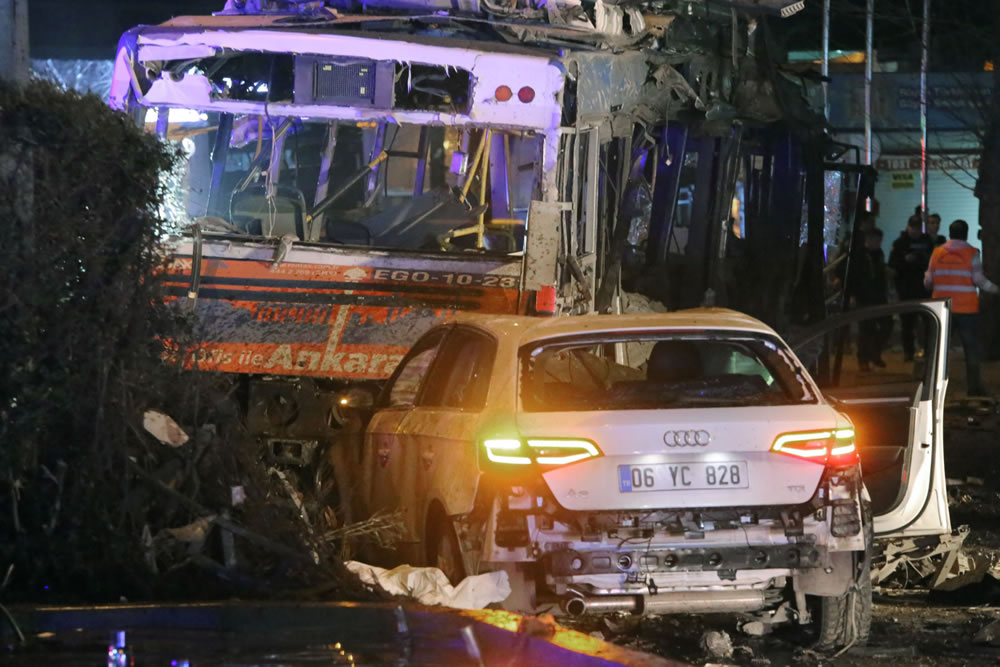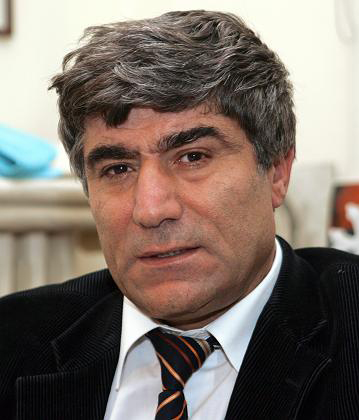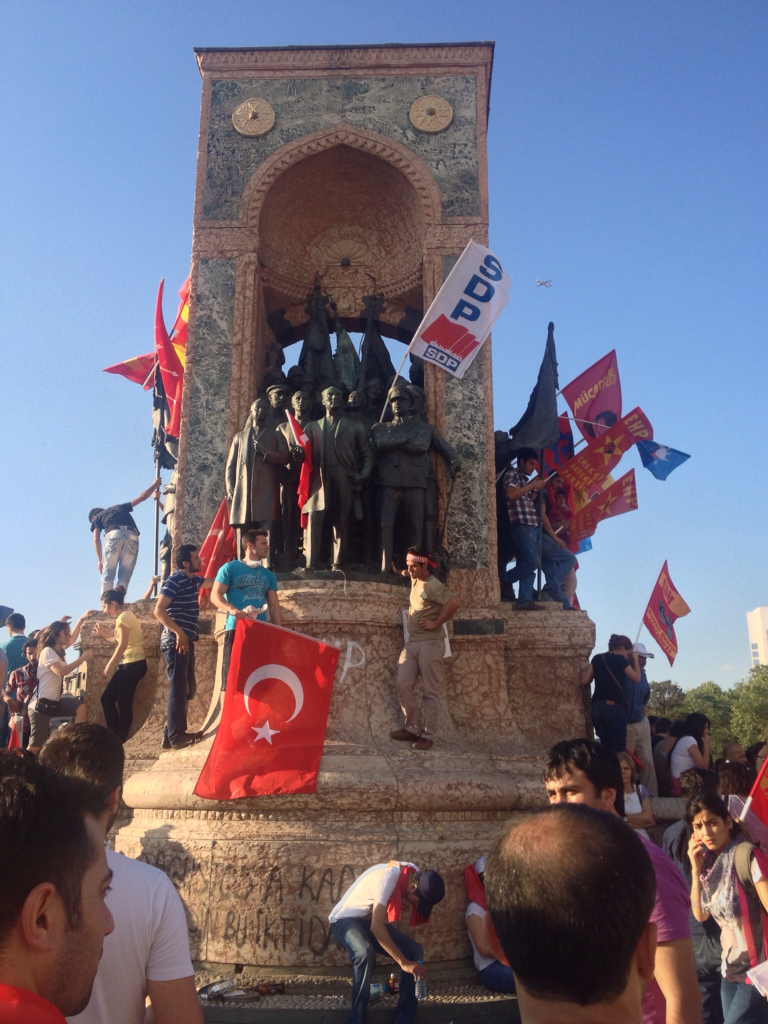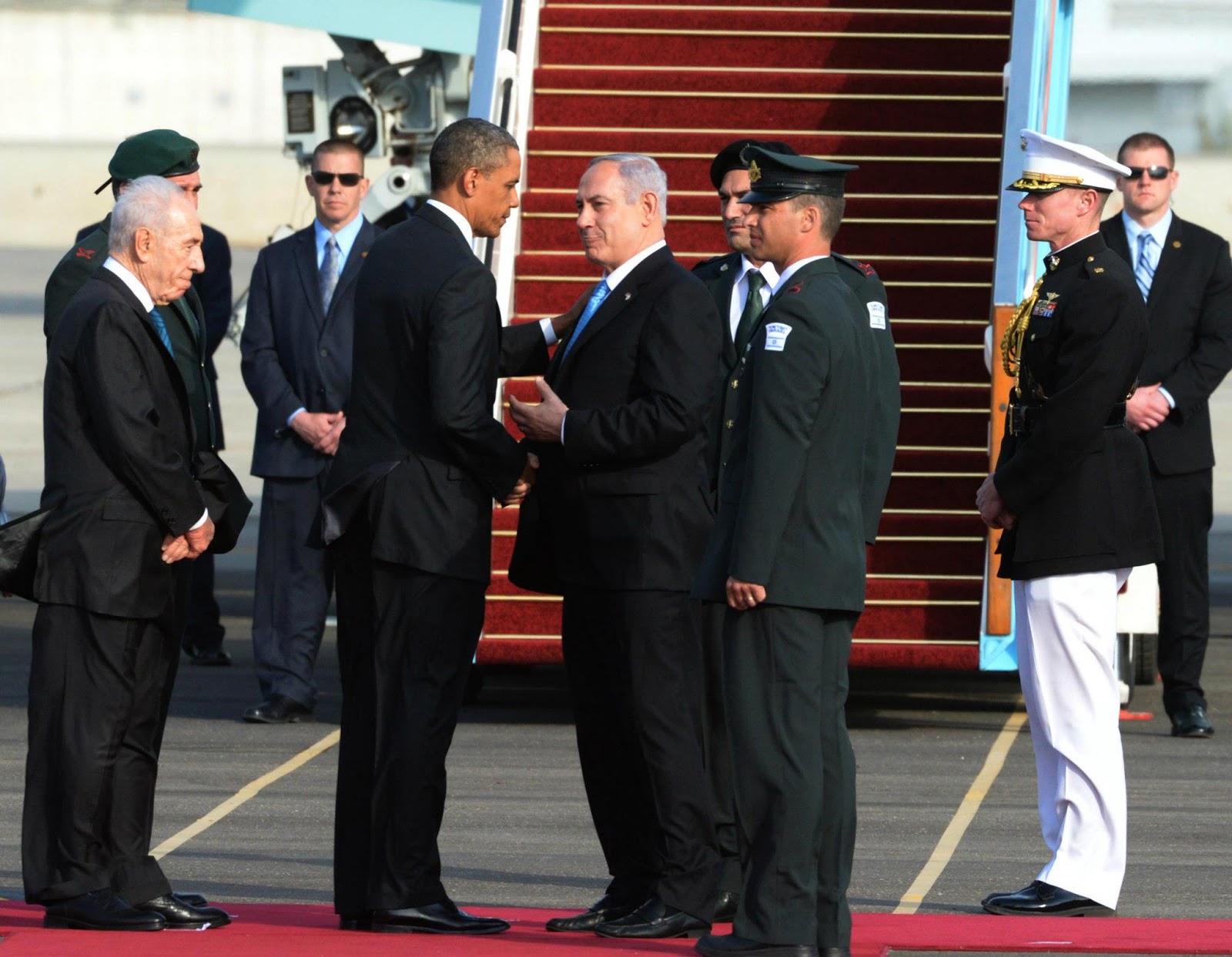Not for decades have Kurdish militants struck civilians on a mass scale. That may have changed on Sunday
So much of Sunday night’s bomb blast in the Turkish capital is ghastly that the air of inevitability attached to it by Ankara’s residents is just another layer of grim.
The sentiment from friends and colleagues living in the city was all the same: “Is everyone okay? We heard it. We saw the smoke.”
It is hard to fathom how my hometown, a city I dismissed in my teenage years as one of the dullest in the world, has become so dangerous.
This was the third major explosion to hit the capital in five months. The number of dead from bomb attacks across Turkey since the June 2015 election has now exceeded 200.
That election was inconclusive. The November repeat restored an AK Party majority, its leaders proclaiming the Turkish public had voted for stability and security. Sunday’s attack shows that if the first role of government is to protect its people, it is clear the Turkish government is failing.
“Who did it?” is – of course – going to be the next question.
The culprit could still be connected to the so-called Islamic State, or Daesh. There’s plenty of precedent in the last nine months that suggests it could have been: last October’s bombing of a left-wing peace rally, the deadliest in Ankara’s history, was attributed to them. As were attacks on civilians in Suruç last summer and on tourists in Istanbul just two months ago.
But early on Monday Reuters quoted Turkish security sources as saying one of the bombers is a Kurdish female born in 1992 – a member of the PKK, the Kurdistan Workers’ Party.
If her affiliation is confirmed, it will be the first time in decades, not years, that Kurdish separatists have deliberately targeted civilians on a mass scale.
In recent years the PKK strategy had been to strike agents of the Turkish state – the police, the gendarmerie, the army – with which it has been fighting a bloody war. Its actions did not specifically target civilians: the target of last month’s bomb attack in Ankara, claimed by a PKK affiliate group, was a military headquarters.
But Sunday’s attack would, if confirmed, spell out a return to the darkest days of the 1990s. These were times when intercity buses were intercepted by masked militants and showered with bullets. When the government hired militants of their own to carry out extrajudicial killings. When media blackouts were commonplace and most ordinary people in Turkey had no idea what was going on in their own country.
Who can say that’s not where we’re headed?









